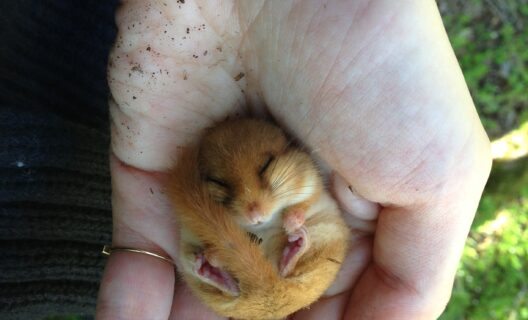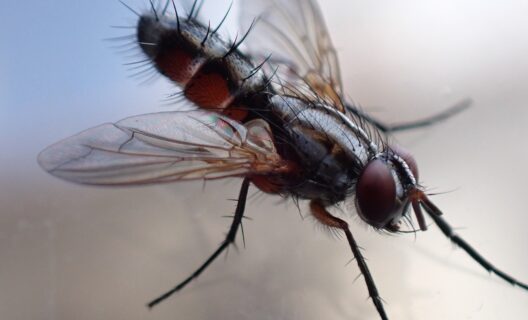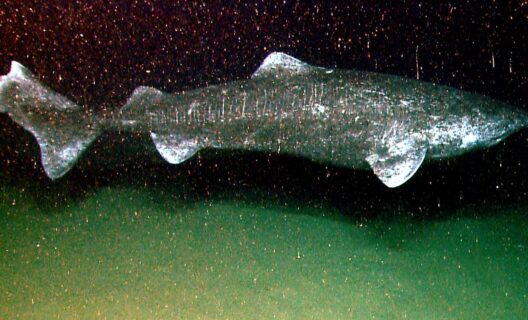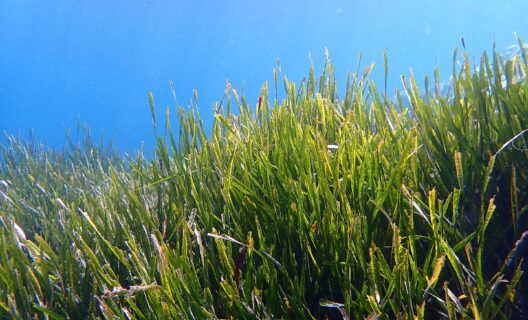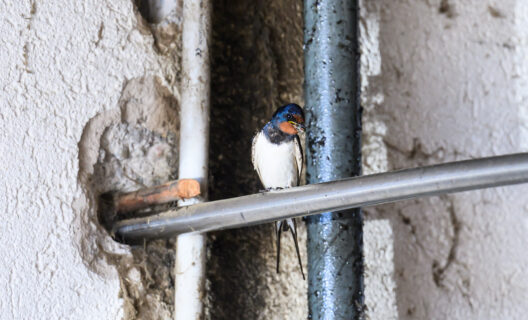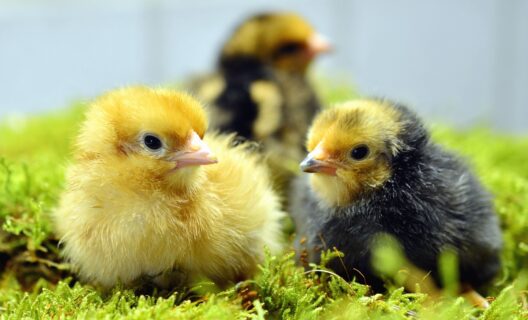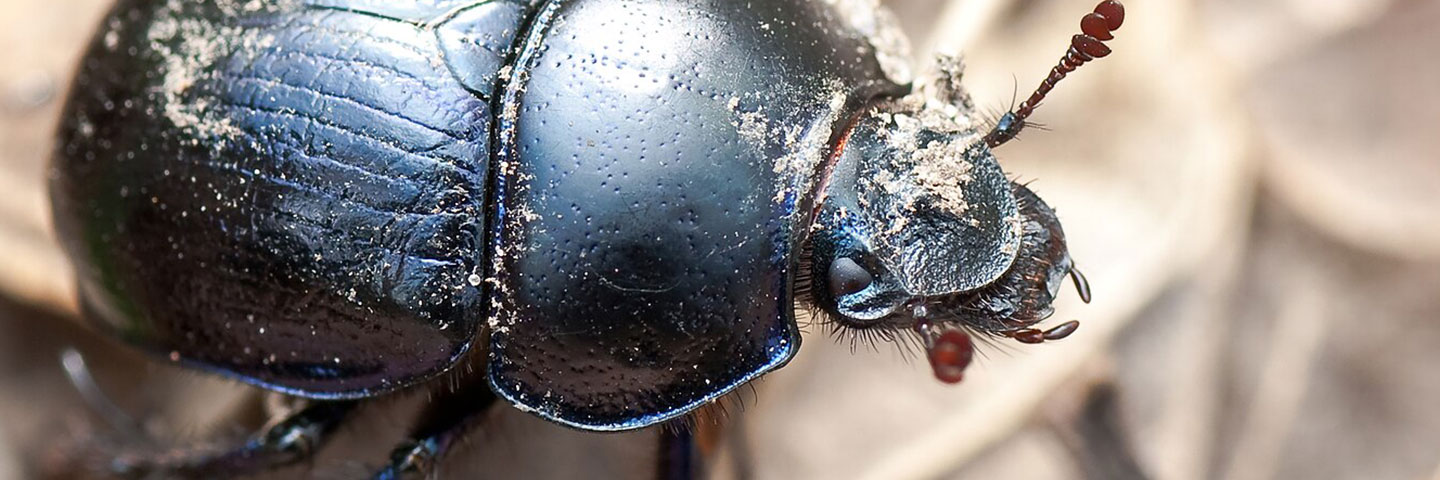
The world heats up: what about dung beetles?
Reading time
0 min
Research investigates thermal tolerance of these insects, indispensable guardians of biodiversity
A study conducted by the University of Turin investigated how climate change, and in particular global warming, affects the activity of dung beetles.
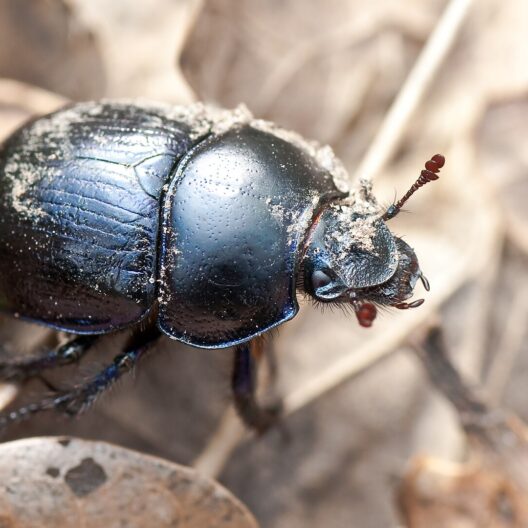
Credit: Mathias Krumbholz – CC BY-SA 3.0Mathias Krumbholz – CC BY-SA 3.0
The strategic role of dung beetles
The reason is quickly stated. These beetles are major players in ecosystems, especially alpine ones: they quickly remove manure from the surface, preventing the proliferation of pests, and then bury it, promoting the decomposition of organic matter in the soil; with their manure digging and burying activities, they contribute to the transfer of essential nutrients, such as carbon, nitrogen, phosphorus and potassium, from the manure to the soil-a process that increases soil fertility and promotes plant growth; and finally, they maintain the health and biodiversity of ecosystems, creating in pastures an environment conducive to the growth of a wide variety of plants and organisms.
The research method
Thus, understanding the interaction between the thermal tolerance of dung beetles and their efficiency in manure removal is critical. The scientists focused on three distinct large species(Anoplotrupes stercorosus, Geotrupes stercorarius, and Trypocopris pyrenaeus), which live in the Italian Alps at an elevation of 600 to 1,400 meters, are common, and are known to be sensitive to temperature changes.
After hand-harvesting them from cattle manure in an alpine pasture in Piedmont, the scientists tested their heat tolerance in an incubator, measuring their efficiency in manure removal under different thermal conditions.
These data were then combined with data on climate change and pasture extent. Finally, using mathematical models, the researchers simulated past and future changes in manure removal under different climate change scenarios.
The results, from the past to the future
The investigations led to results of great interest. Looking to the past, and taking into account the temperature increase between 1981 and 2005, the study showed an increase in spring manure removal rates in the study area. Looking into the future, considering the next 80 years, the models show that manure removal may continue to increase, indicating a resilience of this ecosystem service.
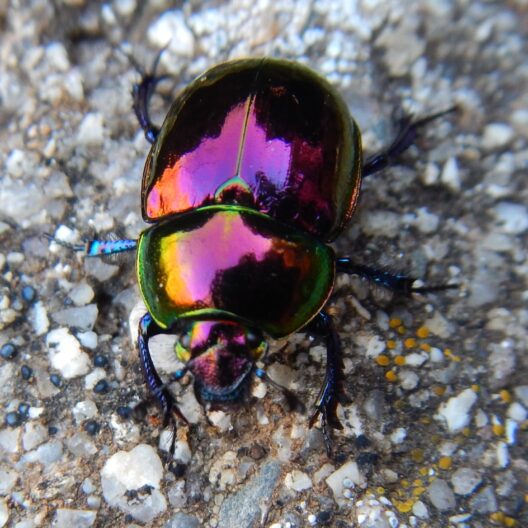
Credits: Mario Vega Pérez, CC-BY-NCMario Vega Pérez, CC-BY-NC
Of the three species, considered, T. pyrenaeus proved to be more heat tolerant than G. stercorarius and A. stercorosus. This variability, which needs further research to be confirmed, suggests that the effects of global warming may not be uniform and that some species may be more vulnerable than others.


